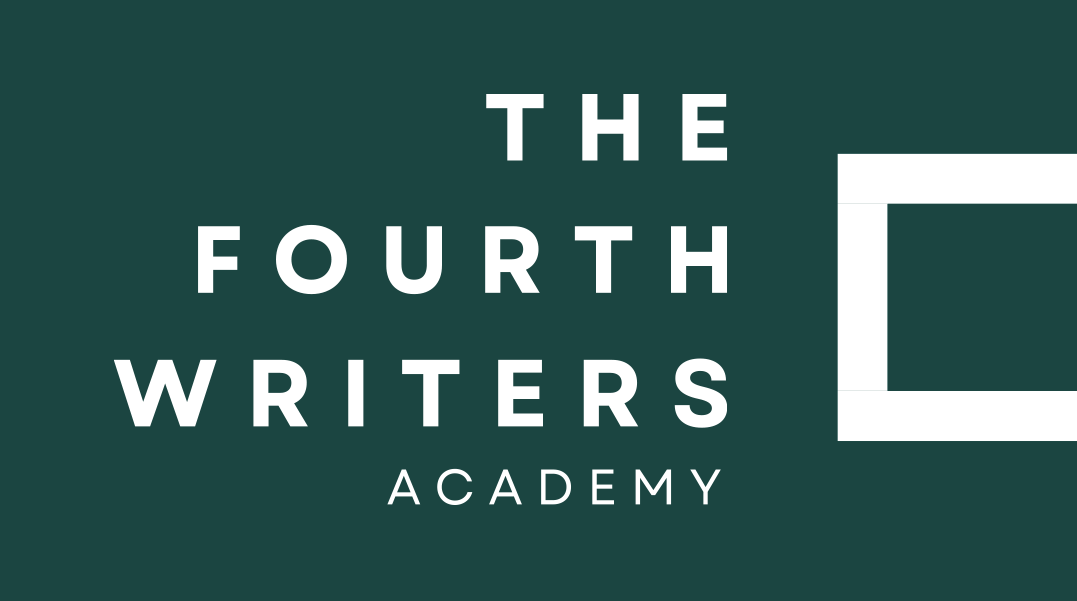Copywriting is a buzzword these days. Anyone with a good command of English, a laptop, and a good internet connection can build a website or open a LinkedIn profile and splatter the words ‘Professional copywriter’ all over the place.
But is copywriting limited to a knowledge of big words and an ability to write long articles? No, it’s not.
Is there more to it? You bet there is.
So what exactly is copywriting?
Think of that one time you read an email, and the more you read, the more it pulled you in, and the more you felt compelled to do what the email said to do—maybe buy a product or pay for a service. That, my dear, is copywriting at work.
Copywriting is the art of compelling and persuading an audience to take specified actions using words…just words. Good copywriting is a (very)brilliant marketing strategy that drives sales and conversions for businesses and brands. Learn everything you need to know about it, and these businesses and brands will pay you a fortune to have you on their team.
Are you an aspiring copywriter?
Before you open that copywriter’s LinkedIn profile, you want to know what copywriting entails. And that is where I come in.
Here are 5 things you need to know about copywriting.
1. You don’t always need a lot of words to convince people to buy
One of the biggest false impressions in copywriting is the assumption that a copy must contain lots of words—and lengthy pages—to be compelling. In other words, the more words we write, the higher the chances of securing the engagement or conversion of our target audience. WRONG!
Hey…don’t get me wrong, there is a place for long-form copy, but you must understand that many words don’t always equate to engagements, conversions, or sales.
Sometimes, less is more.
Keep your copy as simple and concise as possible. Cut out the fluff. You can create a concise copy with clear written words that compel, rather than writing thousands upon thousands of unnecessary ones to make your copy long. Put up the vital information, tackle the main objectives, utilize the right keywords in your SEO, and then…STOP.
2. Want to be good at copywriting? Understand that humans are selfish.
I know it’s hard to believe, but your audience doesn’t care about you or the brand you represent as a copywriter. Long story short, your audience comprises selfish humans who are out only for themselves.
When consumers come across a product, the first thing that comes to mind is what they stand to gain. It is normal. Even you and I are guilty of this. They could care less about your copywriting skills and ability to throw fancy words around. Their needs come first.

Want to be one step of your ‘selfish’ audience?
Here are a few tricks you should have up your sleeve:
- Understand the differences between the benefits and features of a product—consumers want to know the benefits of anything before the features.
- Express confidence, not cockiness, in the uniqueness of a product or service.
- Explore empathy in your copywriting—write like a human who cares about their needs.
3. It’s all about human psychology.
I’m sure you’re wondering how copywriting connects with psychology.
Copywriting has to do with a lot of persuasions, right?
So how would you be able to persuade a person without building a connection with them?
Think about it.
As a copywriter, you need to understand human emotions. A few copywriters already know this and are using it to their advantage.
You need to be able to speak to your audience in a way that fosters emotional connections between them and the brand you represent. It is all about building quality relationships. Understanding human psychology puts you one step ahead—you learn to speak your audience’s language and what makes them tick.
Here are some psychological tips to help copywriters:
- Use storytelling. Everyone loves a good story. It is a great way to engage with your audience.
- Write like a human, not some robot.
- Humans are more drawn to benefits than features. Take advantage of that.
- Highlight their pain points and challenges, but with empathy.
- Be subtle in your sales approach—people hate to be sold but love to buy.
4. The secret is in knowing your target audience
Hey, want to know a secret?
Your target audience is everything.
As a Copywriter, some of the questions you should ask yourself are,
- Who am I writing this for?
- Who will be able to relate to my writing?
- Why might they find my writing helpful?
Before writing, you must know your audience and their needs as well. Knowing your audience is the key to success for a copywriter.
In copywriting, it is crucial that you express a genuine interest in your target audience. After all, they are potential clients. Knowing your target audience makes it easy to define your content and writing style.
So, how do I know my audience?
Let’s find out.
Here are some tips to help you identify your target audience:
- Monitor feedback, comments, and engagements.
- Conduct surveys.
- Research your competitors.
5. Research keeps you one step ahead

Think about that one time you were planning a vacation for your family and spent a couple of hours researching travel agencies, hotels, and sites to explore. Having accurate information and tips made your trip easy, I guess.
Research does the same for a copywriter.
Research is one of the most important factors in writing. It is not absurd to spend 80% of your time researching and 20% actually writing.
Your knowledge about the product or service you are selling is essential. You need to know your products or services and how it serves to solve consumers’ problems.
How will you convince prospective clients if you don’t know enough about them or the products or services you are writing about? How would you even know where to start if you don’t conduct thorough research? See what I mean?
Research can be time-consuming, but it pays off in the long run. It takes you one step ahead in convincing your client of its value.
It goes beyond words.
It is one thing to have a knack for writing and composing words and another to be a copywriter who knows the intricacies of writing persuasive copy that engages, compels, and converts.
Real copywriting goes beyond words. It includes research, an understanding of human psychology, and a love for target audiences, among other things. Hopefully, this article helps broaden your knowledge about copywriting.
If you’re an aspiring copywriter looking for a platform to learn everything about copywriting and kickstart a thriving career, feel free to connect with us at The Fourth Writers academy. We love showing newbies like you the ropes and making them into copywriters, changing the world one copy at a time.



14 Responses
Super nice!
This is awesome. Thankyou for sharing this
Such an insightful read. Copywriting is indeed a lot more than an ability to write words. Thank you for sharing Diana.
Such an interesting read
Really beautiful piece and very insightful
Thank you for sharing your knowledge on copywriting it was incredibly insightful and informative.
This is wonderful ❤️
Love love love this article! Welldone.
Wonderful
Very nicely said, wonderful piece.
Thank you for the awareness Diana🥰
Wow …. This was really helpful. Thank you so much
It was so intriguing! I look forward to reading more of your pieces ❤️❤️
Hey, I’m bored! My contacts: https://love2me.page.link/FgzB